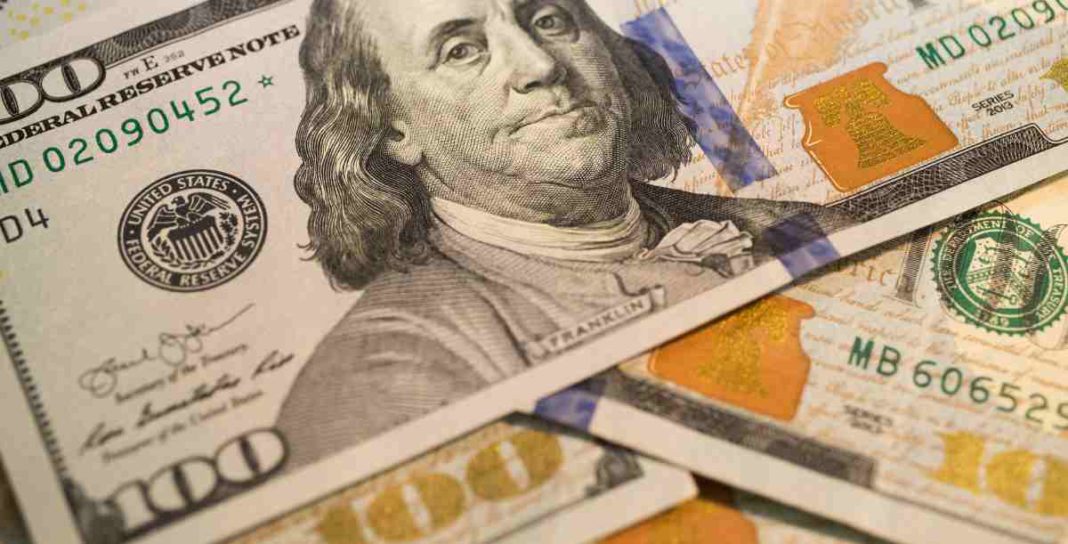UNITED STATES: The U.S. economy is expected to grow moderately in the second quarter due to strong consumer spending and increased business investments.
The Commerce Department’s upcoming report may show that the housing market decline is ending despite interest rate hikes.
Some experts now believe that the Federal Reserve’s vision of a soft landing for the economy is achievable with easing price pressures.
Based on a survey of economists, GDP growth rate for the last quarter is expected to be 1.8%, slightly slower than the first quarter.
Consumer spending, a major driver of the U.S. economy, is likely to remain strong, although its pace has slowed compared to the second quarter.
The pandemic’s surplus savings, increased debt, and significant pay growth from the tight labor market are supporting consumer spending.
Unemployment claims may have increased slightly, but layoffs remain low.
Business investment is expected to pick up speed after stalling in the first quarter, primarily due to increased spending on equipment.
Initiatives to revive semiconductor manufacturing have positively impacted factory construction.
Government spending is anticipated to boost GDP growth, while trade may have a negative impact.
Inventory investment remains uncertain but is predicted to contribute positively to GDP growth.
The residential investment sector, including homebuilding, is likely to have contracted for the ninth consecutive quarter.
There is cautious optimism as cyclical sectors, including new home sales and auto sales, have shown signs of improvement, raising hopes of avoiding a recession.
Some economists believe a recession is imminent due to rising borrowing costs and tightening credit standards.
They also highlight that banks are tightening credit standards and excess savings are still being depleted.
“What’s different this time is that we’re just seeing a slowdown that’s being driven by the Fed. Over time, rates are going to increasingly bite, and the chances of a recession are higher,” says Richard de Chazal, macro analyst at William Blair in London.
Also Read: Fragile State of UK Economy to Avoid Recession for the Time Being



